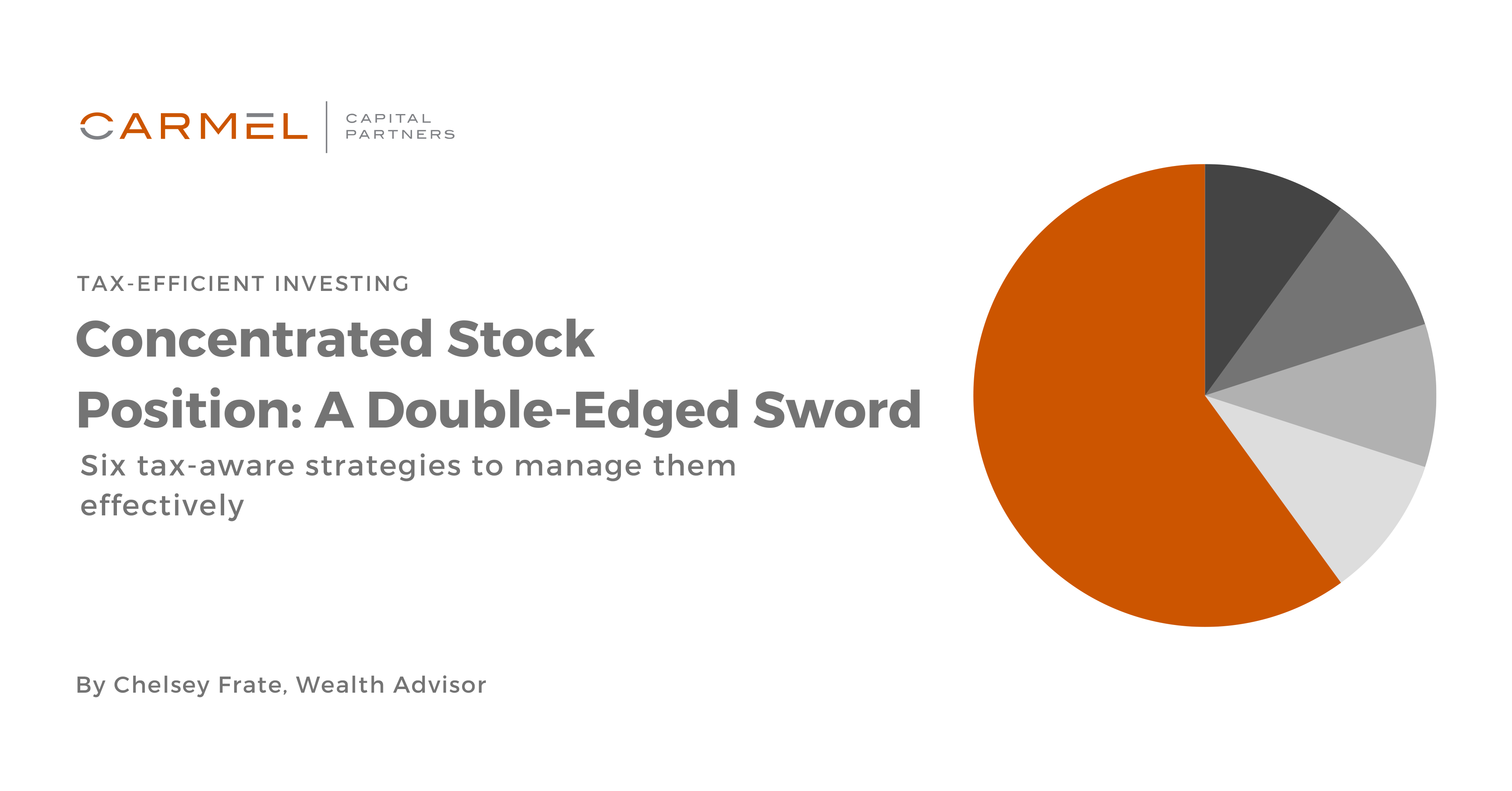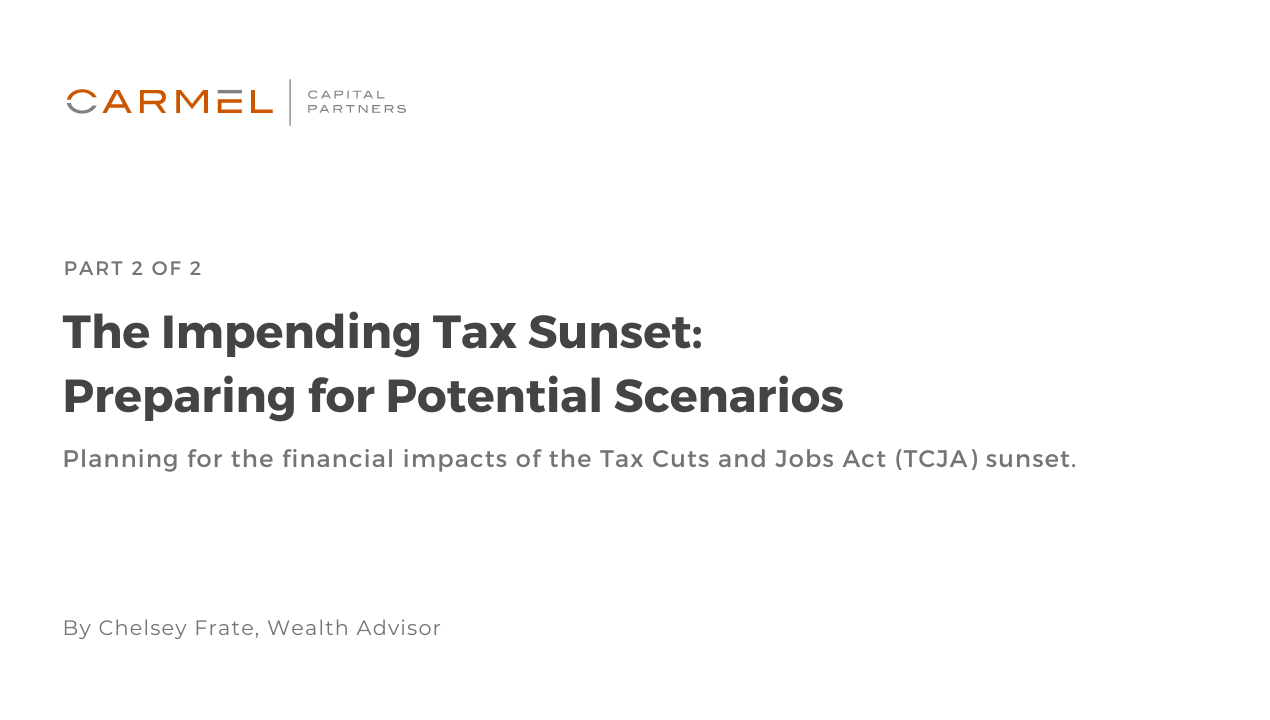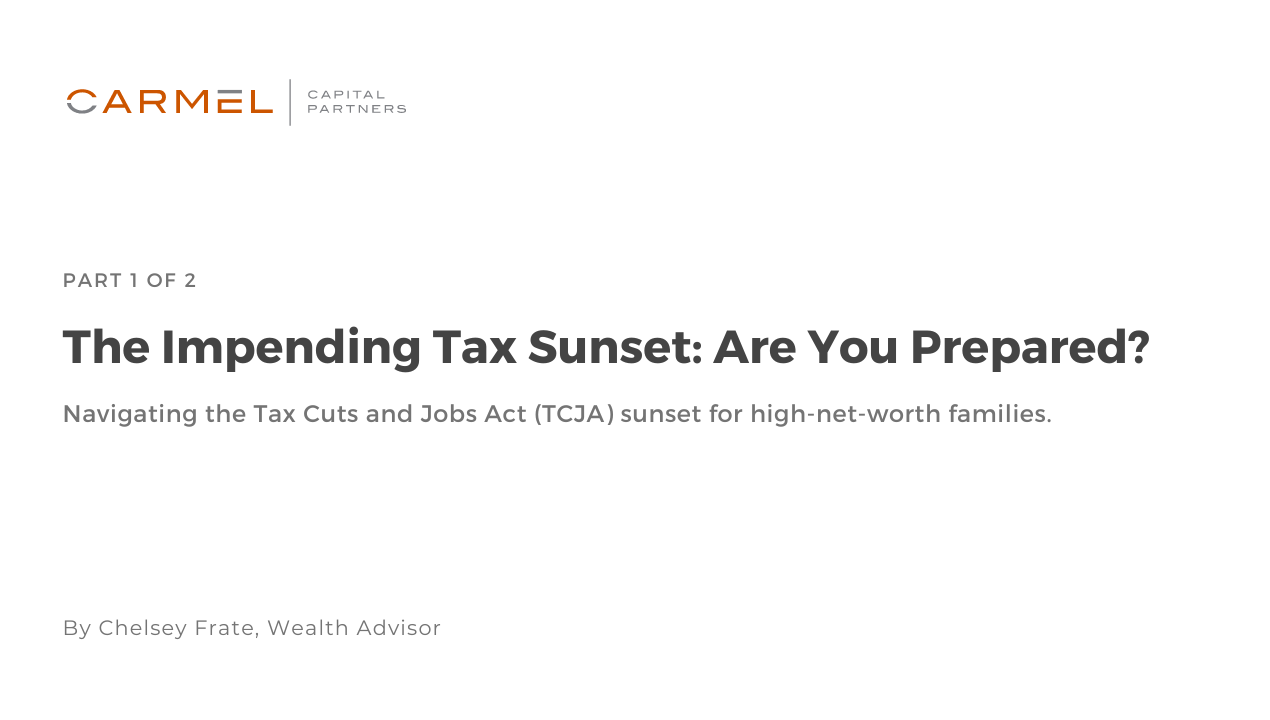Concentrated Stock Position: A Double-Edged Sword
In an investment landscape where prudence dictates diversification, having a concentrated stock position can appear as a double-edged sword. On one...
2 min read
 Russell Silberstein
:
December 6, 2023 10:27 AM
Russell Silberstein
:
December 6, 2023 10:27 AM
Successful philanthropy involves more than just generous giving. It requires thoughtful planning and strategic decision-making, especially when it comes to tax implications and wealth preservation. Whether you are an established philanthropist or just beginning your charitable journey, this guide is designed to help you gift more wisely by maximizing the value of your donations, reducing your tax burden, and ensuring the longevity of your philanthropic legacy.
One of the most effective ways to minimize your tax burden while making a significant impact is by leveraging tax-smart strategies for charitable giving. Here are some key strategies to consider:
Philanthropy is not just about giving in the present but also about creating a lasting impact for future generations. Here are a few strategies to ensure your philanthropic legacy lives on:
Philanthropy transcends generosity; it is a strategic endeavor that demands meticulous planning and a discerning approach.
Carmel Capital Partners has been helping charitable families and businesses navigate the intersection of philanthropy and tax planning, ensuring that each dollar given not only impacts the causes dear to their hearts, but also positions them advantageously in the realm of wealth preservation.
Please let us know if we can provide guidance or solutions tailored to your unique philanthropic aspirations.
Sources:
The content is developed from sources believed to be providing accurate information. The information in this material is not intended as tax or legal advice. Please consult legal or tax professionals for specific information regarding your individual situation. The opinions expressed and material provided are for general information and should not be considered a solicitation for the purchase or sale of any security. Investment advisory services are offered through Carmel Capital Partners, an SEC Registered Investment Advisor.

In an investment landscape where prudence dictates diversification, having a concentrated stock position can appear as a double-edged sword. On one...

In Part 1 of this series, we reviewed the key provisions of the 2017 Tax Cuts and Jobs Act (TCJA) and examined their potential impact on American...

The Tax Cuts and Jobs Act (TCJA) of 2017 introduced numerous benefits to U.S. tax law but are set to expire at the end of 2025. Families might be...